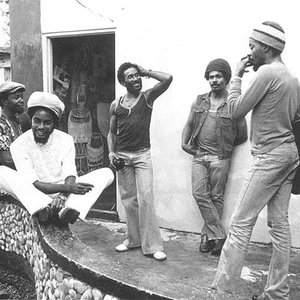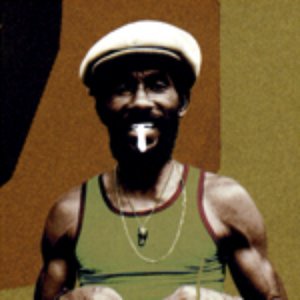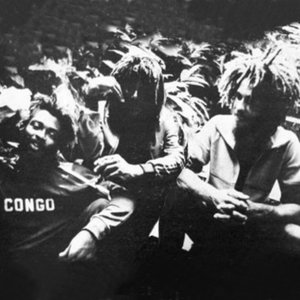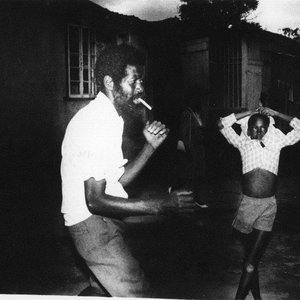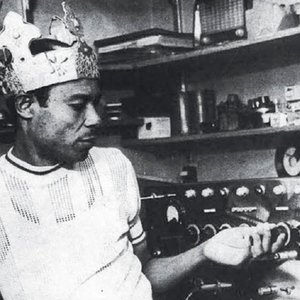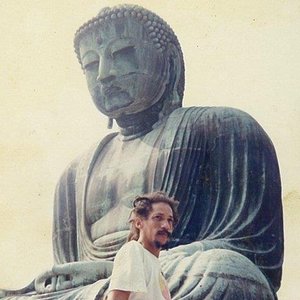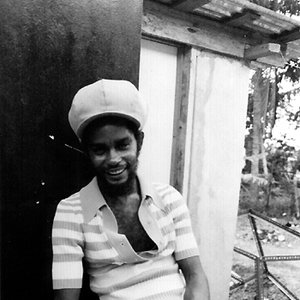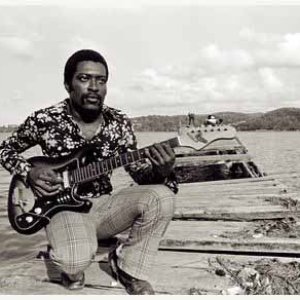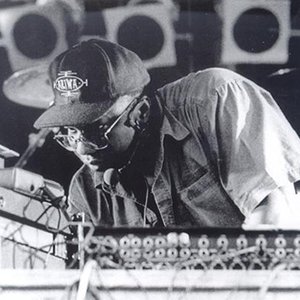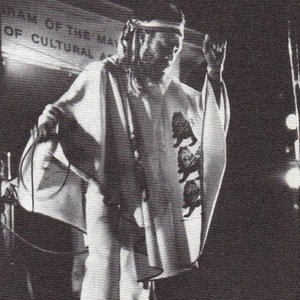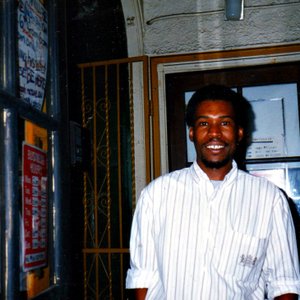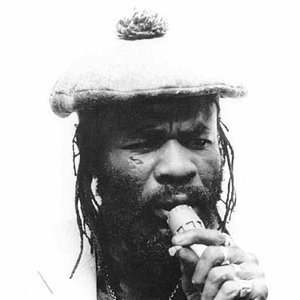Biography
-
Born
20 March 1936
-
Born In
Kendal, Manchester, Jamaica
-
Died
29 August 2021 (aged 85)
Lee "Scratch" Perry (born Rainford Hugh Perry, on 20th March 1936, in Kendal, Jamaica; died 29 August 2021, in Jamaica) was one of the most influential people in the development of reggae and dub music in Jamaica.
Perry began his career in the late 1950s working with Clement Coxsone Dodd's sound system. He eventually performed a variety of important tasks at Studio One as well as recording about thirty songs, but the pair eventually stopped working together due to personality and financial conflicts.
Working with Joe Gibbs, Perry continued his recording career, but once again, financial problems caused conflict. Perry broke ranks with Gibbs and formed his own label, Upsetter, in 1968. His first single "People Funny Boy", which was an insult directed at Gibbs, sold very well. It is notable for its innovative use of a sample (a crying baby) as well as a fast, chugging beat that would soon become identifiable as "reggae" (the new sound did not really have a name at this time). During the 1970s, Perry released numerous recordings on a variety of record labels that he controlled, and many of his songs were popular in both Jamaica and the U.K. He soon became known for his innovative production techniques as well as his eccentric character.
In the early 1970s, Perry was one of the producers whose mixing board experiments resulted in the creation of dub. In 1973, Perry built a studio in his back yard, The Black Ark, to have more control over his productions and continued to produce notable musicians such as Bob Marley & the Wailers, Junior Byles, The Heptones, and Max Romeo. With his own studio at his disposal, Perry's productions became more lavish, as the energetic producer was able to spend as much time as he wanted on the music he produced. It is important to note that virtually everything Perry recorded in The Black Ark was done using rather basic recording equipment; through sonic sleight-of-hand, Perry made it sound completely unique. Perry remained behind the mixing desk for many years, producing songs and albums that stand out as a high point in reggae history. By 1978, stress and unwanted outside influences began to take their toll: both Perry and The Black Ark quickly fell into a state of disrepair. Eventually, the studio burned to the ground. Perry has constantly insisted that he burned the Black Ark himself in a fit of rage, but it was most likely an accident caused by faulty wiring. After the demise of the Black Ark in the early 1980s, Perry spent time in England and the United States, performing live and making erratic records with a variety of collaborators. It was not until the late 1980s that Perry's career began to get back on solid ground again, after working with British producers Adrian Sherwood and Neil Fraser, better known as Mad Professor.
Perry lived in Switzerland for a while with his wife Mireille Campbell-Rüegg and two children. He continued to record and perform to enthusiastic audiences in Europe and North America late into his life. His later music is a far cry from his reggae days in Jamaica; many saw this part of Perry's career as more of a performance artist in several respects. In 2003, Perry won a Grammy for Best Reggae Album with the album Jamaican ET. He teamed up with a group of Swiss musicians and perform under the name Lee Perry and the White Belly Rats. in 2015, Perry’s recording studio in Switzerland was damaged by a fire that destroyed various unreleased recordings and some of his stage gear. In 2020 Perry moved with his wife to Jamaica, where he died on 29 August 2021.
Artist descriptions on Last.fm are editable by everyone. Feel free to contribute!
All user-contributed text on this page is available under the Creative Commons Attribution-ShareAlike License; additional terms may apply.

